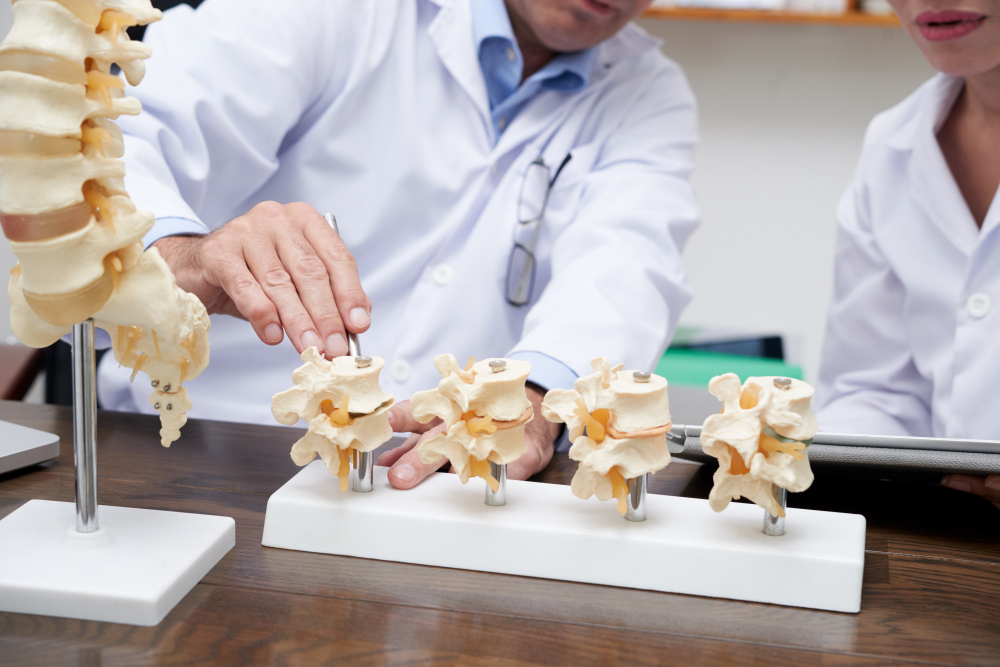Introduction
Spine surgery is a medical procedure that helps fix problems in the back or neck. Many people need spine surgery when pain or weakness does not improve with other treatments. Because the spine supports your body, keeping it healthy is important. Often, spine surgery can relieve pain and improve movement. If you or a loved one is considering this step, knowing what to expect can help you feel more prepared.
Symptoms and Conditions That May Require Spine Surgery
Sometimes, back or neck pain does not go away with rest or medicine. In these cases, doctors may suggest spine surgery. Common symptoms and conditions include:
However, not all back pain needs surgery. Your doctor will help decide if it is right for you.
Common Causes Leading to Spine Surgery
Many things can cause spine problems. Often, these issues build up over time. Some common causes include:
Because each person is different, your doctor will look at your health history before suggesting spine surgery.
Diagnosis and Evaluation Process
First, your doctor will ask about your symptoms and medical history. Next, you may need tests to find the cause of your pain. These tests can include:
After these steps, your doctor will explain if spine surgery is the best option for you.
Types of Spine Surgery Procedures
There are several types of spine surgery. Your doctor will choose the best one for your condition. Common procedures include:
Each type has its own benefits and risks. Your doctor will explain which is right for you.
Treatment Options and What to Expect During Surgery
Before surgery, your doctor will discuss all treatment options. Sometimes, physical therapy or medicine can help. If surgery is needed, here is what you can expect:
Because each surgery is different, your doctor will give you details about your procedure.
Recovery Process and Aftercare Tips
Recovery after spine surgery can take weeks or months. However, most people feel better over time. Here are some spine surgery recovery tips:
Because recovery is different for everyone, always ask your doctor if you have questions.
Lifestyle Guidance and Prevention of Future Spine Issues
After spine surgery, you can take steps to protect your back. For example, you can:
Because prevention is key, these habits can help you avoid future spine problems.
Risks and Potential Complications
Like all surgeries, spine surgery has some risks. However, most people do well. Possible risks include:
Your doctor will talk with you about these risks before surgery. Because each person is unique, your risk may be higher or lower.
Frequently Asked Questions
In summary, spine surgery can help many people live with less pain and more movement. However, it is important to understand the process, risks, and recovery. Consult a spine specialist for personalized advice about spine surgery.
